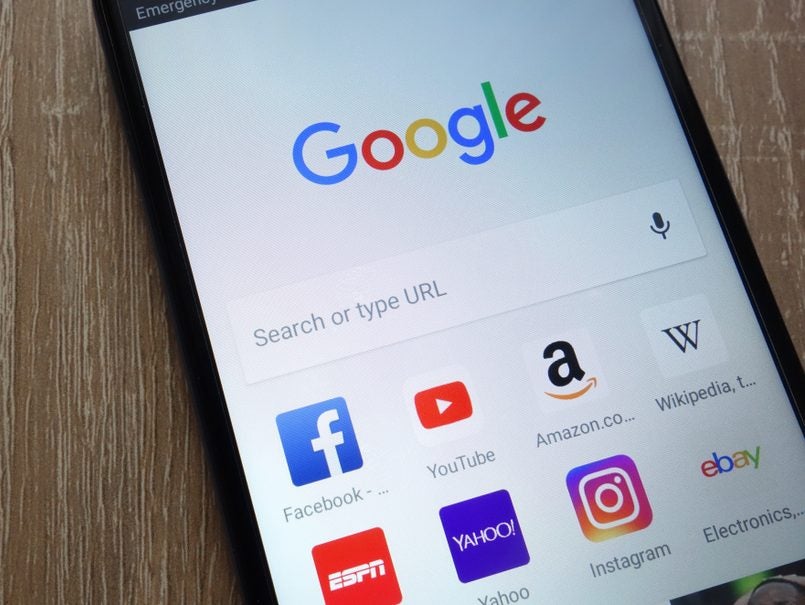
Australia’s highest court has ruled that Google could not be held liable as the publisher of the websites it links to in search results, meaning it is not responsible for libel on the articles it links to.
One media lawyer told Press Gazette the High Court ruling could make it much harder to remove defamatory content from Google and could influence the way libel cases are handled in the UK.
“In reality, a hyperlink is merely a tool which enables a person to navigate to another webpage,” a joint statement by Chief Justice Susan Kiefel and Justice Jacqueline Gleeson said last week.
“There was no other basis for finding publication because the appellant [Google] had not participated in the writing or disseminating of the defamatory matter,” the judgment summary added.
While the ruling currently only applies in Australia, Canadian technology and media lawyer for McCarthy Tetrault, Barry Sookman, told Press Gazette it was likely other Commonwealth jurisdictions like the UK and Canada would follow Australia’s example in future.
“It’s a very consequential decision, which will make it more difficult to remove harmful content,” Sookman said. “I think that the decision is going to have persuasive value in Commonwealth jurisdictions.”
“This decision could be very influential as there have been decisions in other countries that regularly follow previous Australian decisions in other Commonwealth jurisdictions like Singapore… The decision obviously, is not binding on courts in another country, but it could well be influential.”
The new ruling relates to a defamation case brought by Australian lawyer George Defteros in a federal court, where he won a ruling in 2021 that Google was liable for a defamatory article about charges against him that were later withdrawn as its search results were the main way the story in question was accessed by readers. Google subsequently appealed.
Google had warned that if it were found liable for every article it provided access to it would have been forced to mass censor its own search results, which it said would have a devastating impact on the internet.
The court however did indicate Google would be found as a liable publisher for any paid advertisements or promoted websites it hosted, as those results were created using a “different algorithm”.
Not all lawyers shared Sookman’s conclusions about potential consequences for the UK, however. Andrew Fremlin-Key, a senior associate in the media and reputation team at law firm Withers, stressed that the ruling has no “direct” impact on the law in England and Wales itself.
Fremlin-Key also told Press Gazette that the complications of using defamation rules to remove search engine links mean most people avoid this route in favour of using GDPR and privacy rules to try to get content removed.
Picture: Shutterstock
Email pged@pressgazette.co.uk to point out mistakes, provide story tips or send in a letter for publication on our "Letters Page" blog
